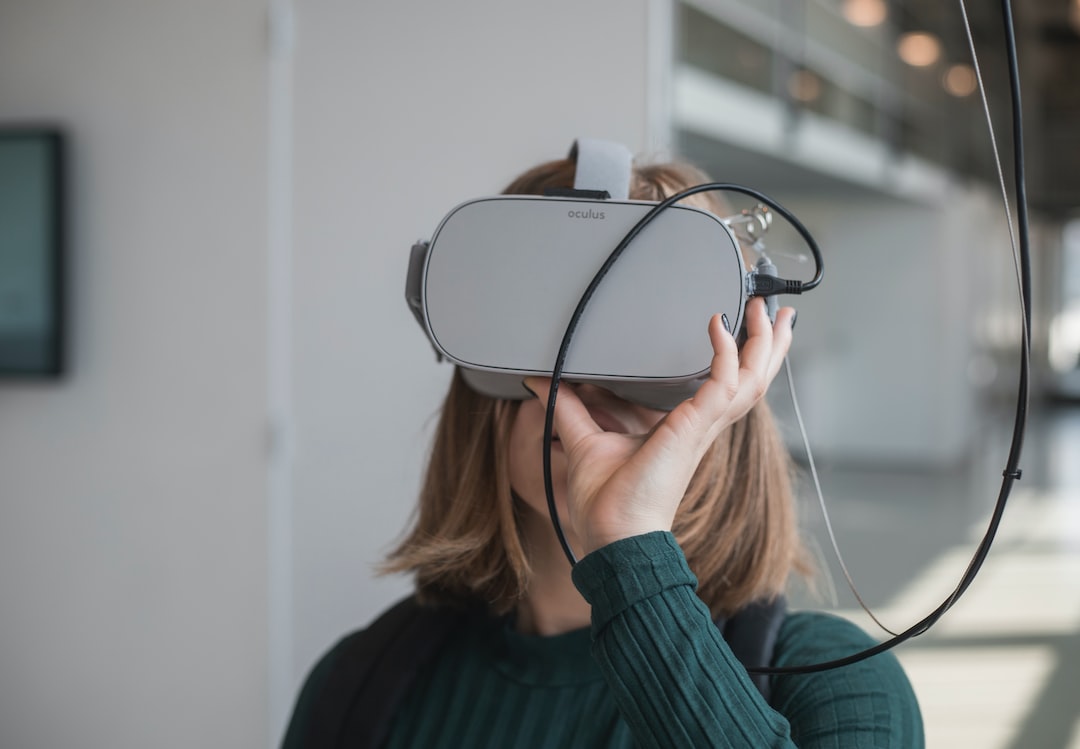The Benefits of Experiential Learning: Beyond the Classroom Walls
The traditional classroom setting has always been the primary means of education, where students sit passively, absorb information, and regurgitate it when necessary. However, this one-size-fits-all approach to learning may not suit every student. Experiential learning, on the other hand, offers an alternative, hands-on approach that goes beyond the classroom walls. By engaging students in real-world experiences, this approach allows them to gain practical skills, enhance critical thinking, and develop a deeper understanding of the subject matter.
1. Practical Skills Development:
Experiential learning offers a unique opportunity for students to apply theoretical knowledge to real-life situations. Whether it is through internships, cooperative work placements, or field trips, students have the chance to transfer their learning into practice. This hands-on experience allows them to develop practical skills that are essential for their future careers. For instance, a student studying journalism can benefit greatly from an internship at a local newspaper, where they can learn how to conduct interviews, write articles, and work with strict deadlines. Such experiential learning opportunities not only enhance their resumes but also provide them with the necessary skills to succeed in their chosen professional fields.
2. Critical Thinking Enhancement:
Experiential learning often involves problem-solving tasks, which require students to think critically and devise creative solutions. For instance, a science project that involves designing and building a miniature solar-powered car not only allows students to understand the principles of physics but also provides a platform for them to think critically about how to improve their designs, troubleshoot issues, and innovate. This type of experiential learning not only enhances their critical thinking skills but also fosters independent thought and encourages them to question assumptions.
3. Deeper Understanding of Subject Matter:
Learning through experience stimulates a deeper understanding of the subject matter. By immersing students in real-world situations, they are forced to explore concepts beyond what is presented in textbooks. For instance, a history class that takes students to a historic site can bring the past to life, allowing them to witness the effects of historical events firsthand and gain a more profound understanding of the context. Experiential learning transcends mere memorization of facts and encourages students to connect what they learn in the classroom with the world around them, making their education more meaningful and long-lasting.
4. Personal Growth and Development:
Beyond academic benefits, experiential learning also contributes to personal growth and development. It exposes students to new experiences, cultures, and people, helping them become well-rounded individuals. Experiential learning encourages self-reflection and instills qualities such as confidence, adaptability, and resilience. Students are given the chance to step out of their comfort zones, face challenges, and learn from their mistakes. These experiences not only enhance their academic journey but also prepare them for life beyond the classroom.
In conclusion, experiential learning offers a range of benefits that go beyond the limits of traditional classroom walls. From practical skills development to critical thinking enhancement and a deeper understanding of subject matter, this hands-on approach provides students with a more comprehensive and meaningful education. Additionally, experiential learning fosters personal growth and prepares students for future success. By integrating experiential learning opportunities into our education system, we can create a more engaging and effective learning environment that better equips students for the challenges they will face in the real world.

